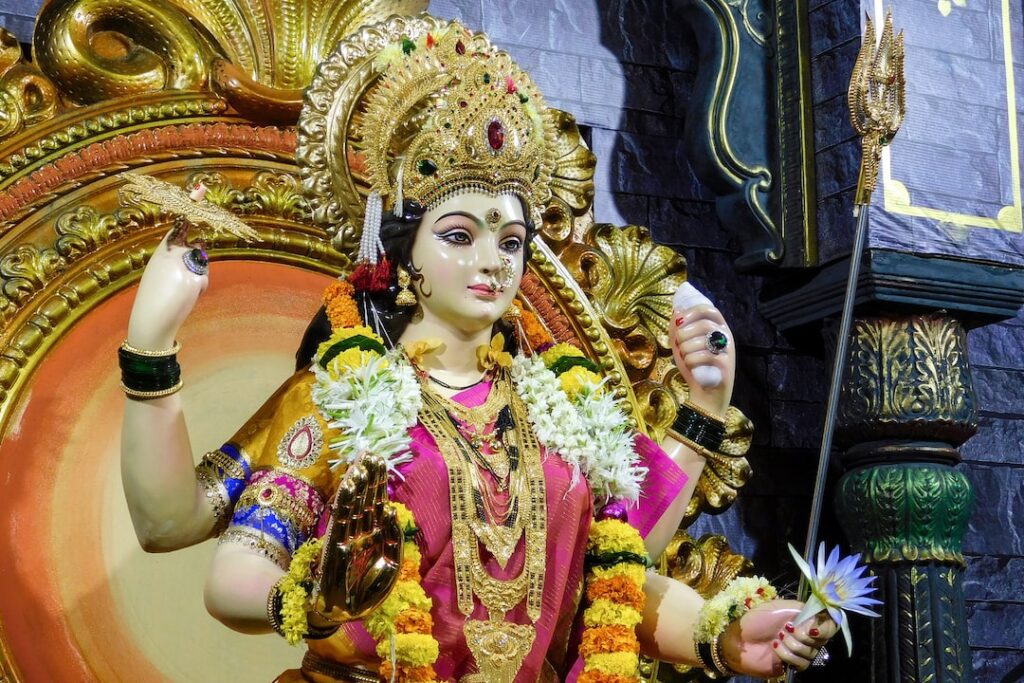Embracing Hinduism: A Beginner’s Guide
If you’re interested in adopting Hinduism as your way of life, you’re in for a beautiful and fulfilling journey. Hinduism is one of the world’s oldest and richest religions, filled with diverse traditions, practices, and philosophies. In this comprehensive guide, we’ll explore the essence of Hinduism, its core beliefs, and how you can incorporate its teachings into your daily life.
Understanding Hinduism
Surprising Statistics
Did you know that Hinduism is the third largest religion in the world, with over 1 billion followers? It is the majority religion in India and Nepal, and its influence can be felt in various countries around the globe.
Hinduism is not just a religion; it’s a way of life, encompassing a complex web of beliefs, rituals, and customs. At its core, Hinduism is built on the principles of dharma (duty/righteousness), karma (action and its consequences), and moksha (liberation from the cycle of birth and death).
Embracing Hindu Beliefs and Practices
Embracing the Vedas and Upanishads
The sacred texts of Hinduism, namely the Vedas and Upanishads, offer profound wisdom and guidance to followers. Consider spending time reading and reflecting on these ancient scriptures to gain a deeper understanding of Hindu philosophy.
Practicing Yoga and Meditation
Yoga and meditation are integral parts of Hindu spiritual practice. By incorporating these practices into your daily routine, you can achieve physical, mental, and spiritual well-being. Try attending yoga classes or setting aside time for meditation each day.
Observing Festivals and Rituals
Engaging in Hindu festivals and rituals can connect you to the rich cultural tapestry of the religion. Whether it’s celebrating Diwali, Holi, or performing puja (worship) at home, participating in these traditions can strengthen your bond with Hinduism.
Applying Hindu Principles to Daily Life
Embracing Ahimsa (Non-Violence)
Ahimsa, the principle of non-violence, is fundamental to Hindu ethics. Practicing compassion and non-violence towards all living beings, including animals, can profoundly impact your interactions with the world.
Practicing Seva (Selfless Service)
Incorporating the concept of seva, or selfless service, into your daily life can bring immense joy and fulfillment. Volunteer at local charities, help those in need, and contribute positively to your community.
Cultivating Gratitude and Mindfulness
Hinduism emphasizes the importance of gratitude and mindfulness. Take time each day to express gratitude for the blessings in your life and cultivate mindfulness through practices like pranayama (breath control) and mantra meditation.
How to Apply Hinduism in Daily Life
1. Start Your Day with a Prayer or Mantra
Begin each day with a simple prayer or mantra that resonates with you. This can set a positive and peaceful tone for the rest of your day.
2. Engage in Acts of Kindness
Look for opportunities to be kind and compassionate to those around you. Small acts of kindness can have a ripple effect, creating positivity in your environment.
3. Explore Hindu Scriptures and Philosophy
Take the time to delve into the wisdom found in Hindu scriptures. Consider reading translations of the Bhagavad Gita or exploring the teachings of prominent Hindu philosophers.
Summary
Embracing Hinduism is not just about adopting a set of beliefs; it’s about embodying a way of life that promotes spiritual growth, compassion, and interconnectedness. By understanding Hindu beliefs, incorporating its practices, and applying its principles to your daily life, you can enrich your spiritual journey and cultivate a deeper sense of peace and harmony. Whether you’re new to Hinduism or seeking to deepen your existing practice, remember that the essence of Hinduism lies in embracing love, knowledge, and the pursuit of truth.












